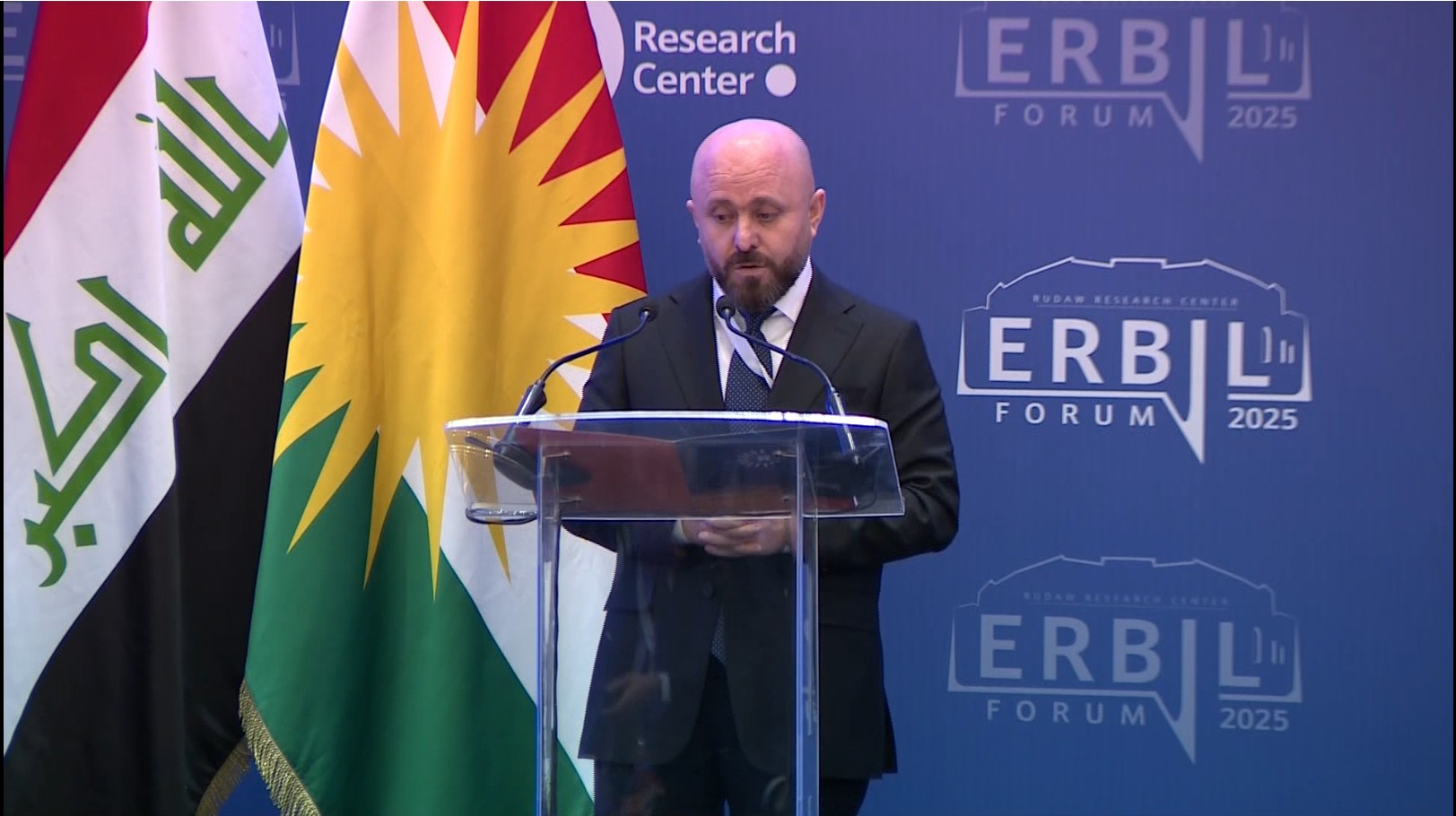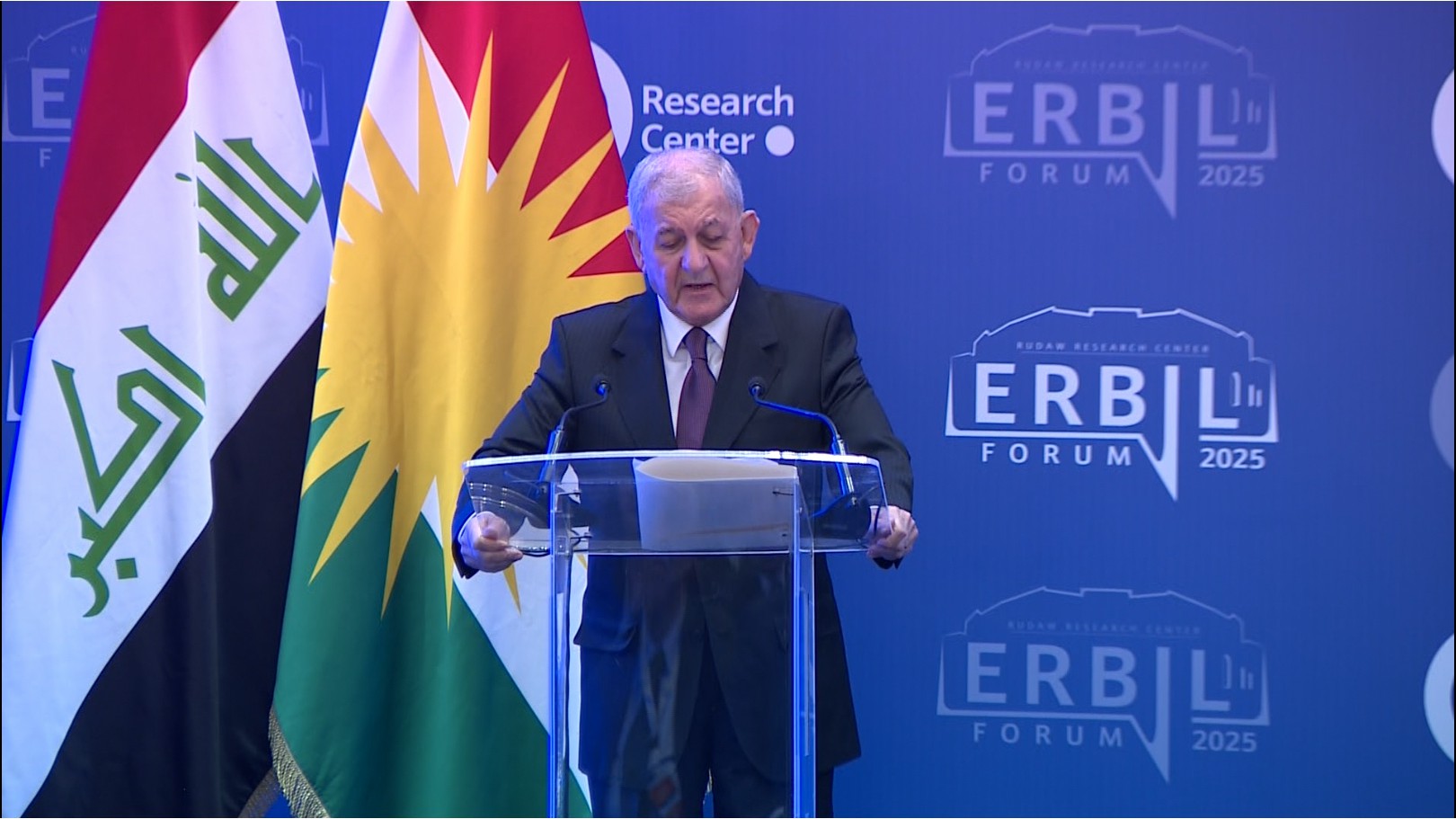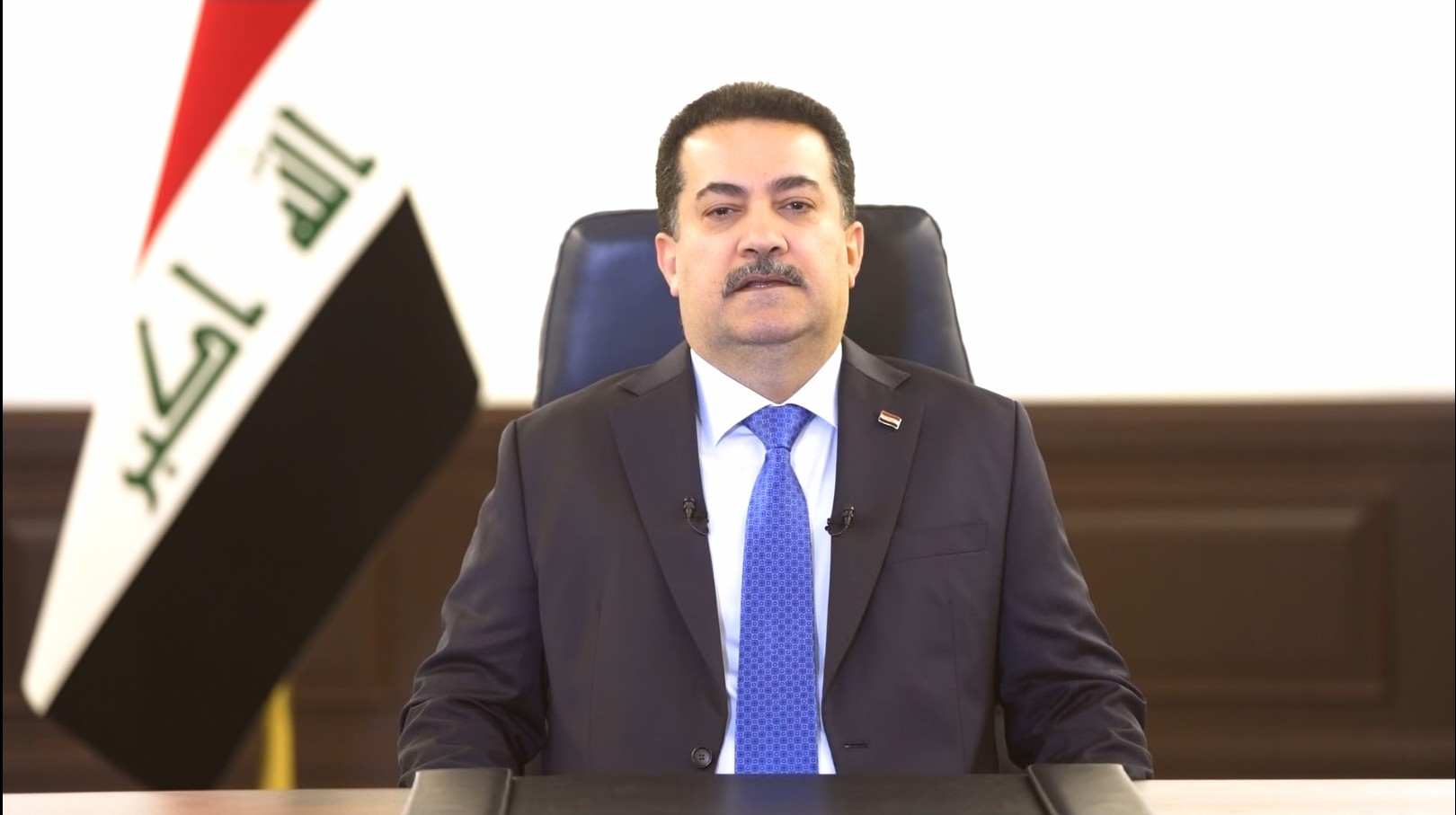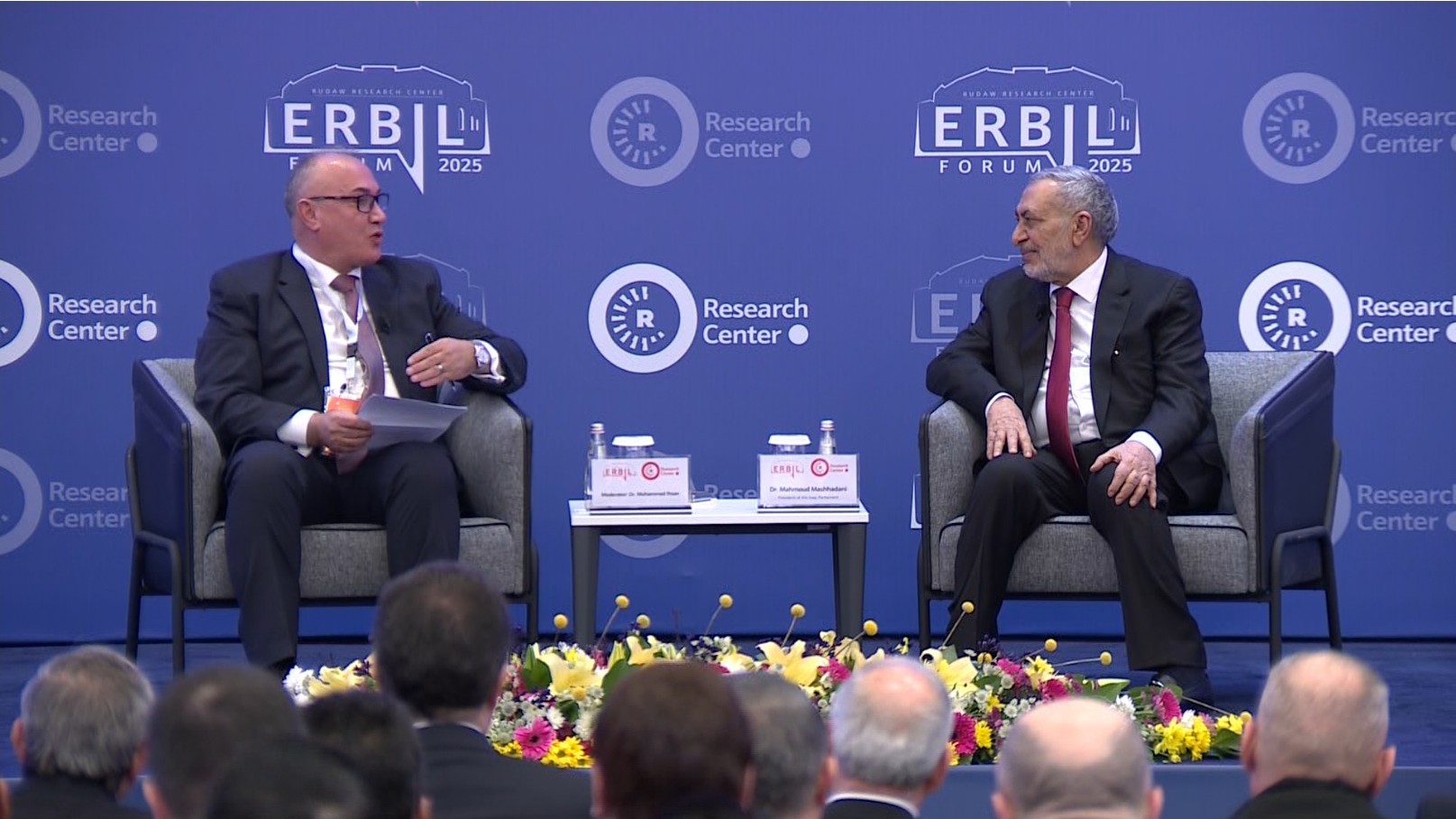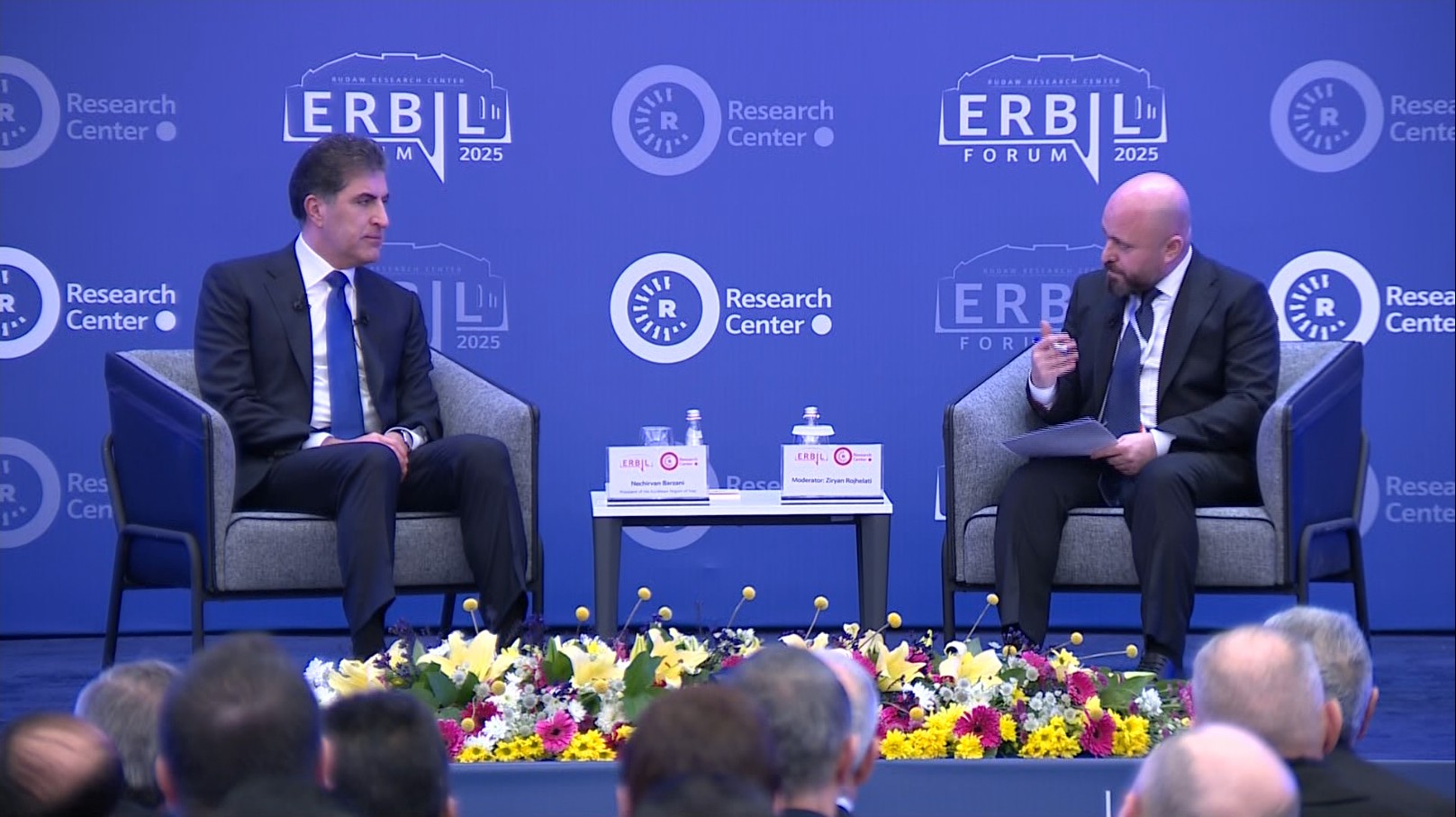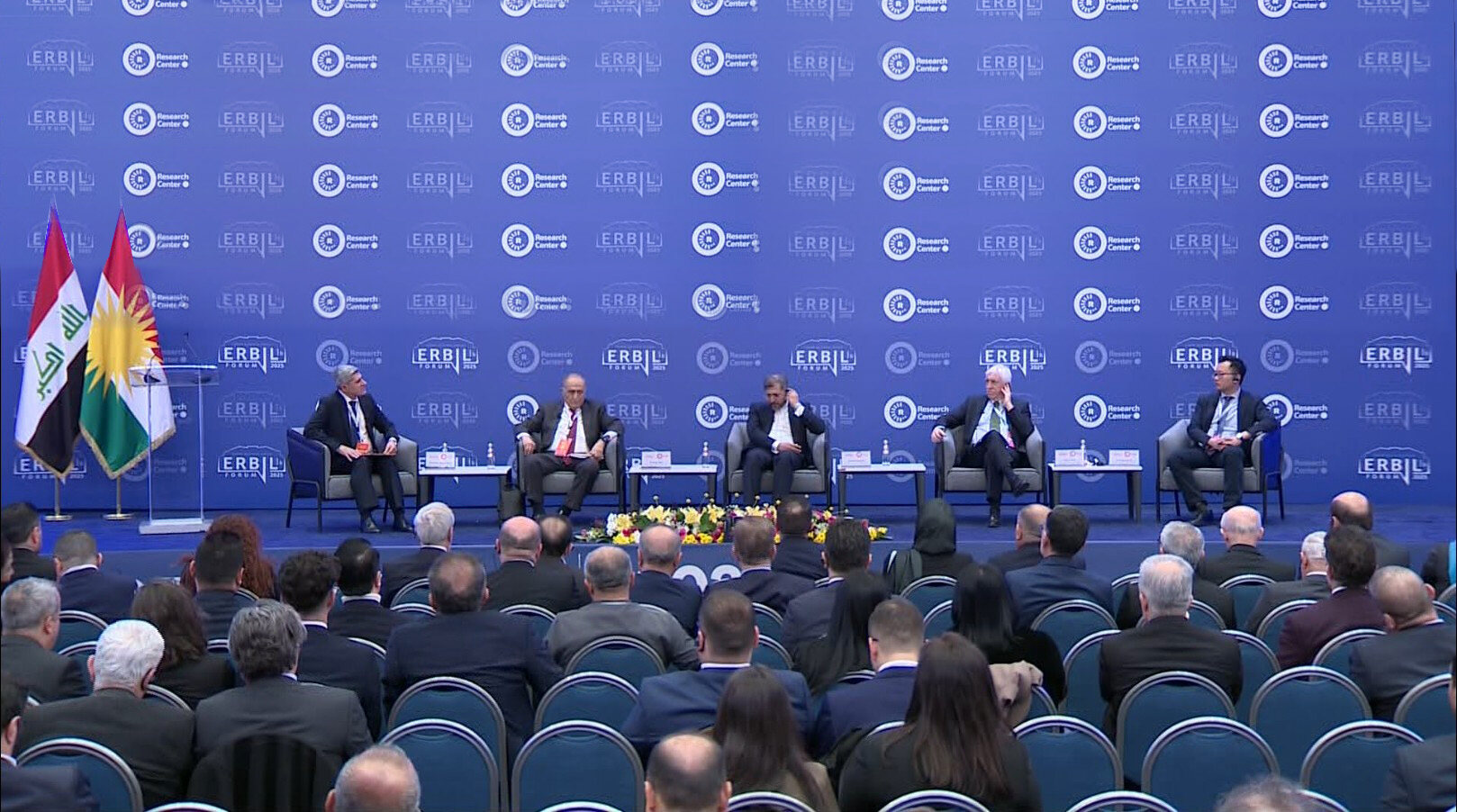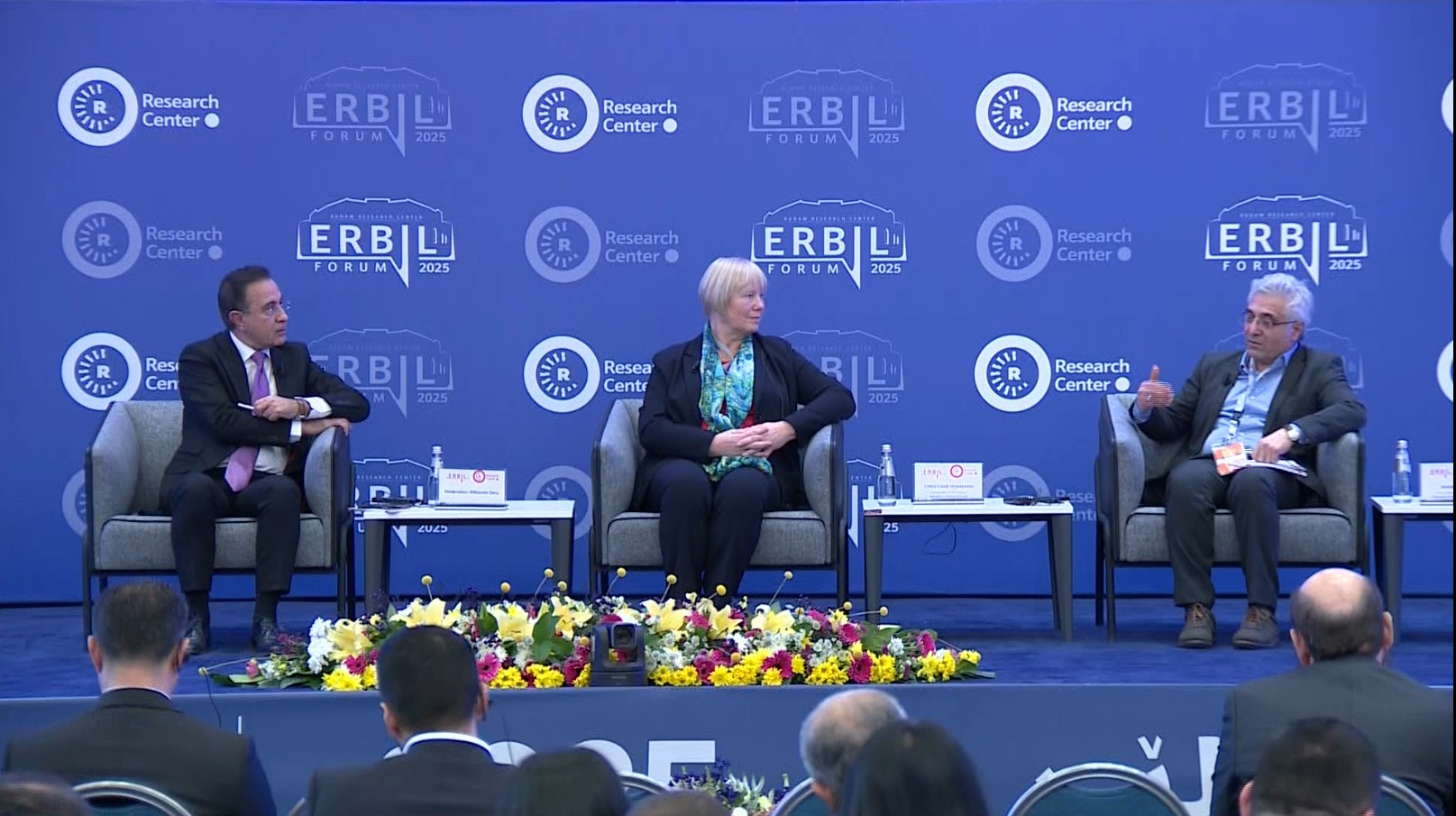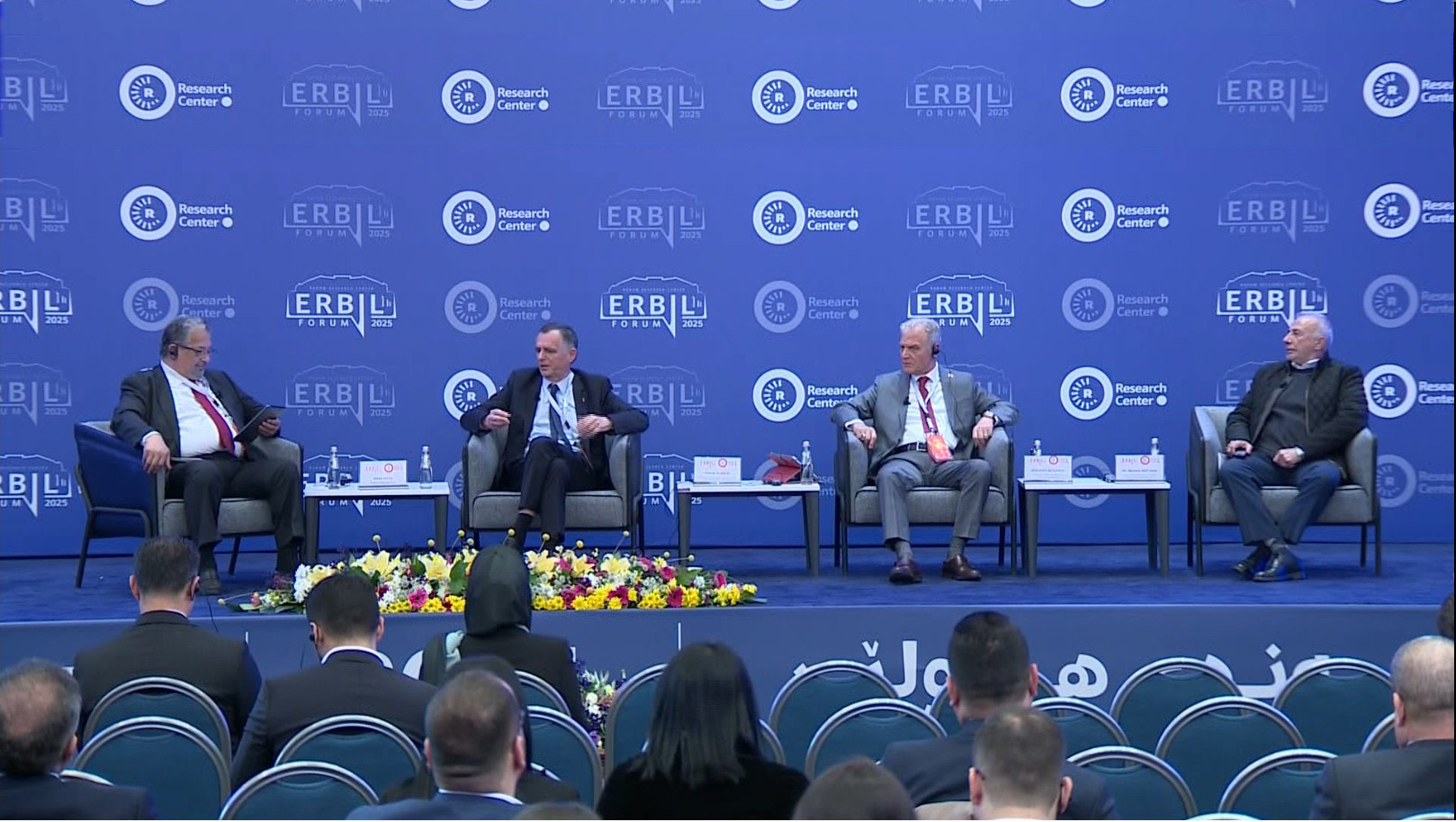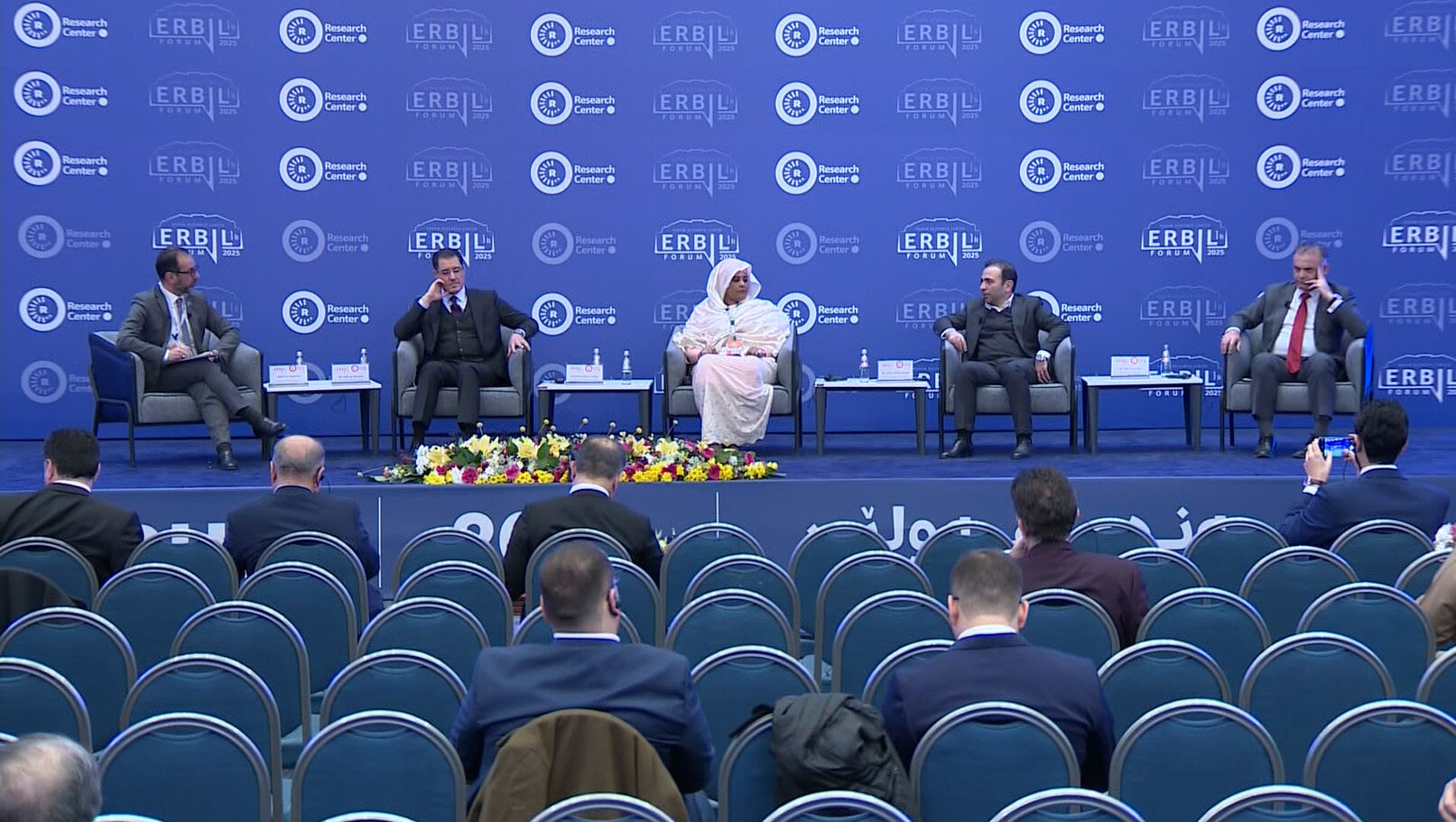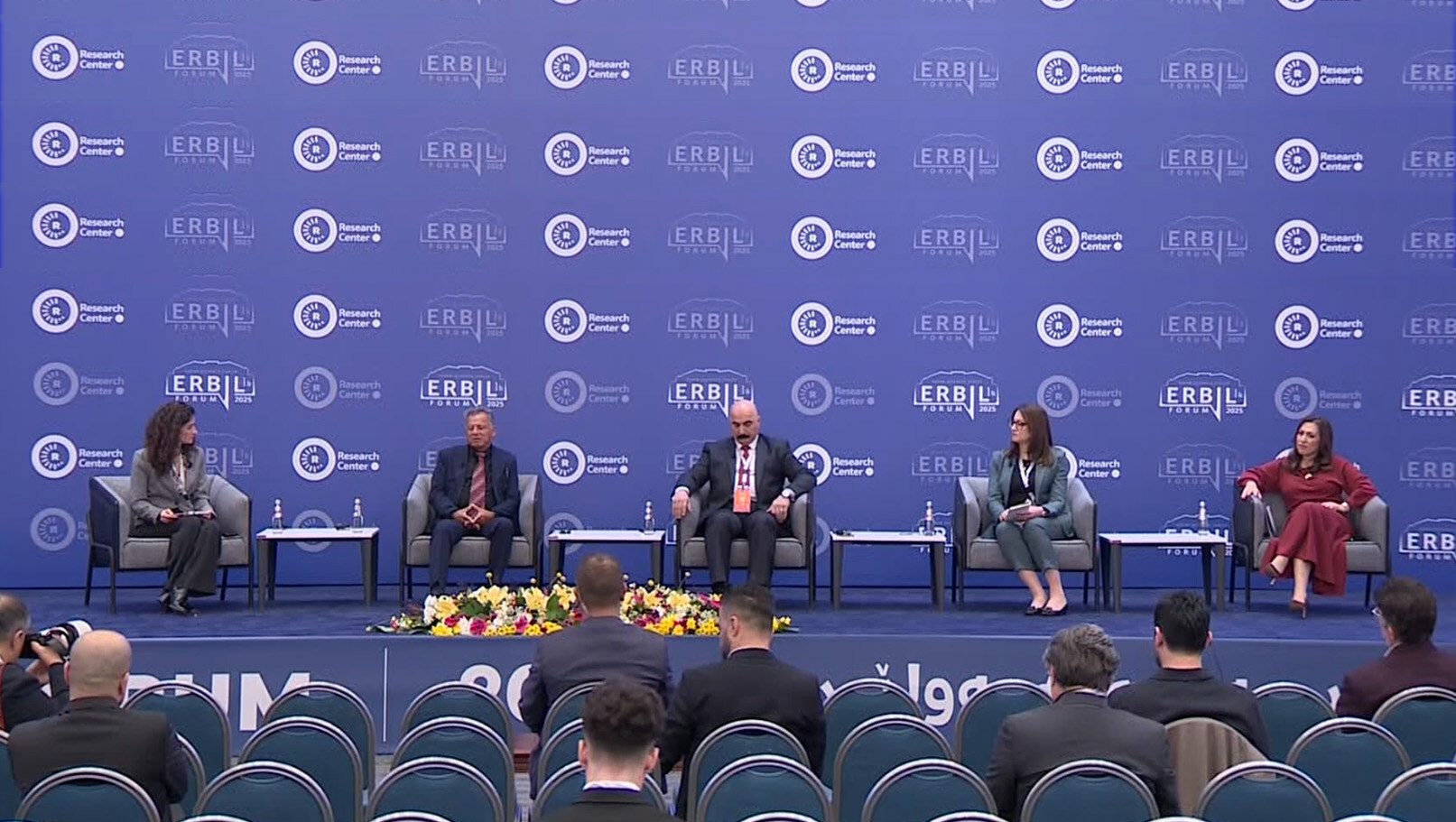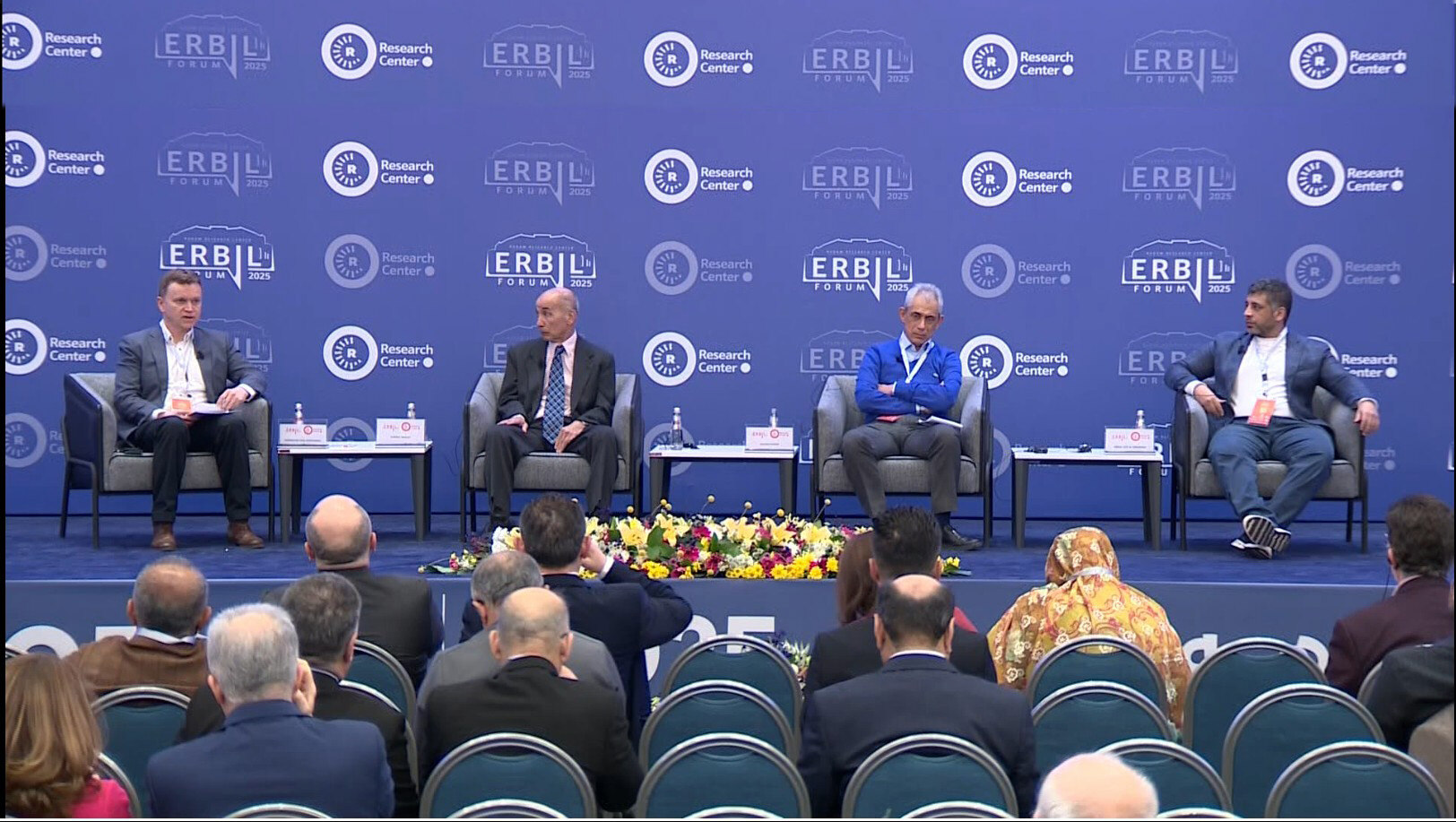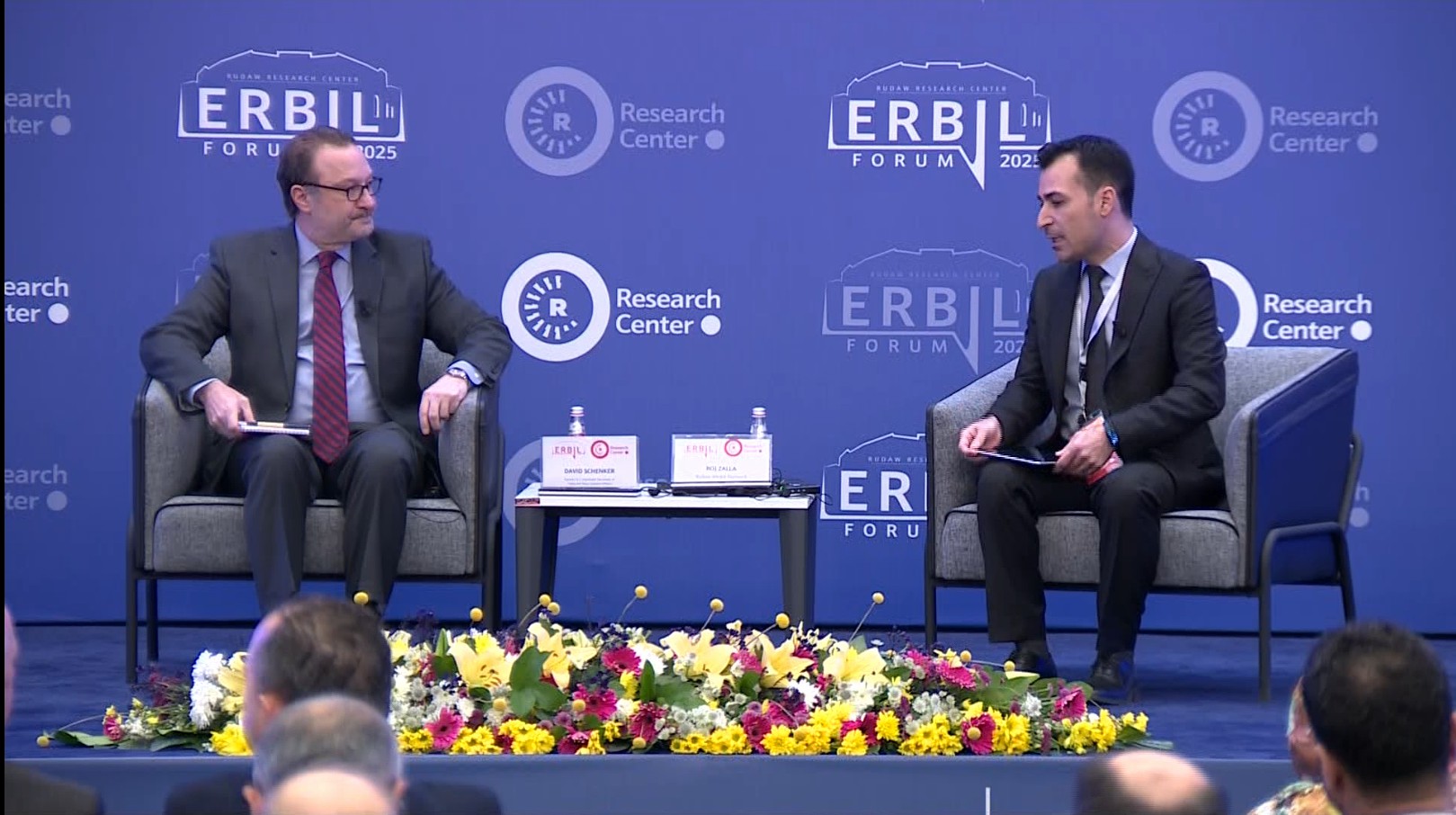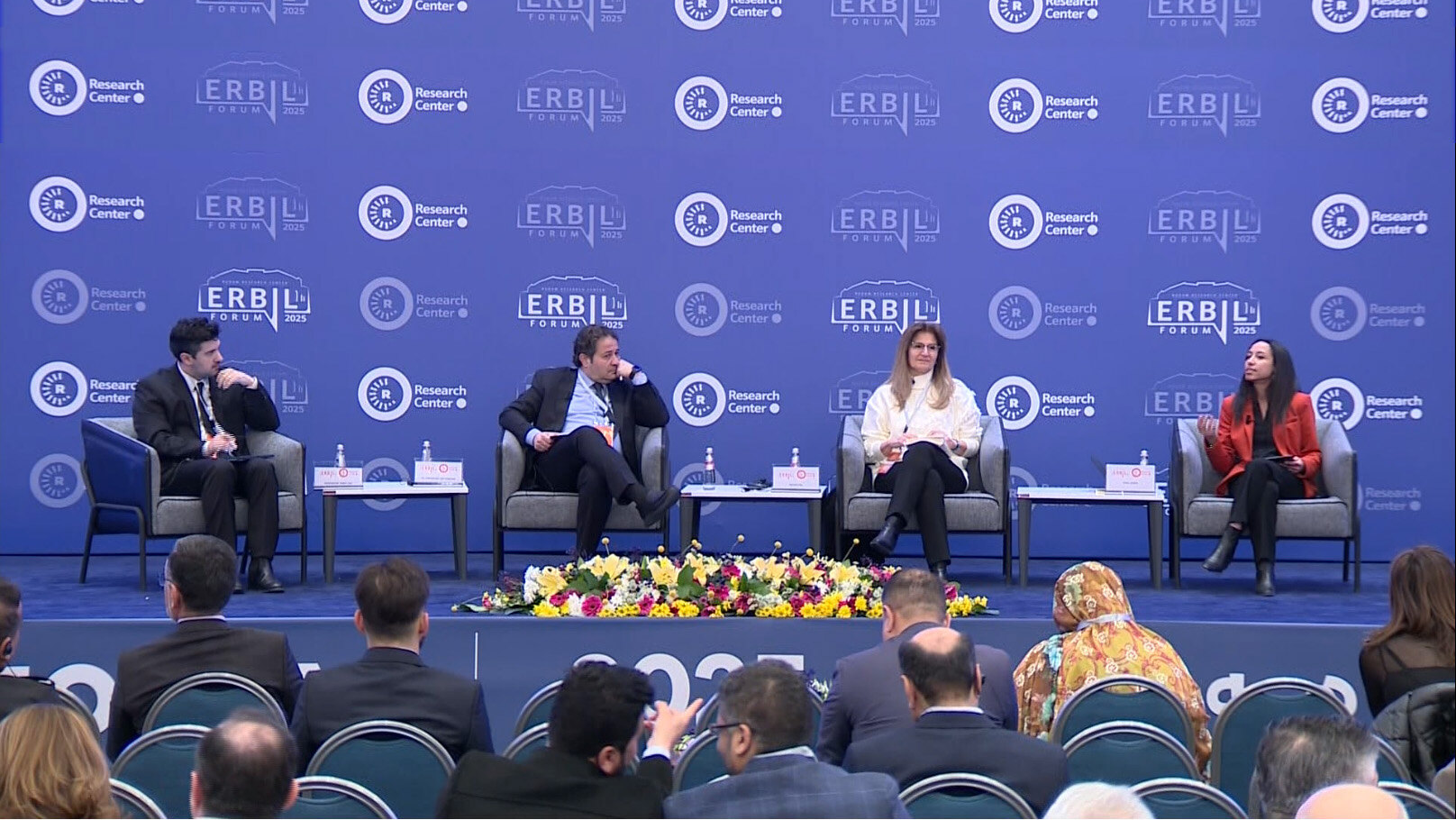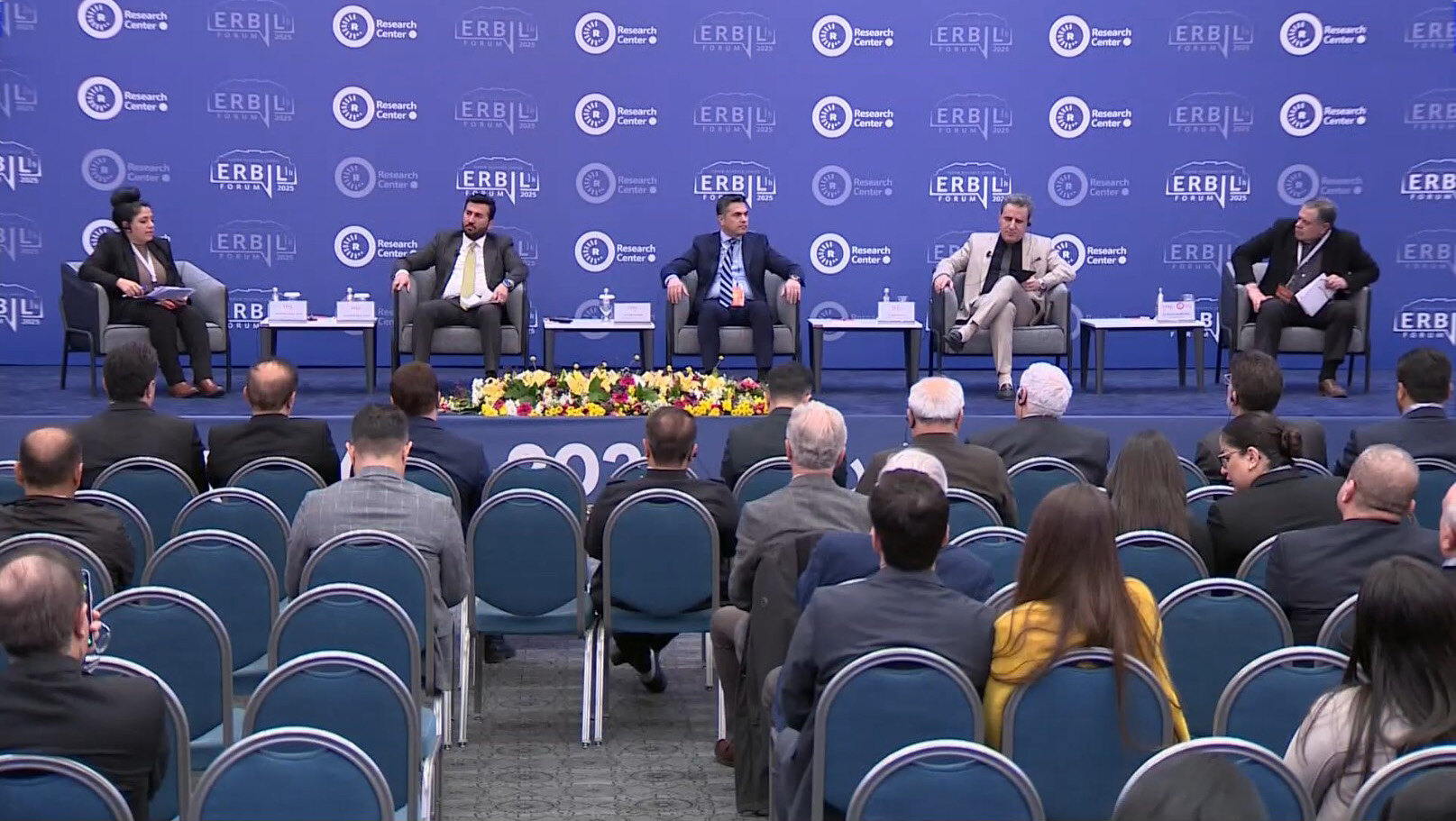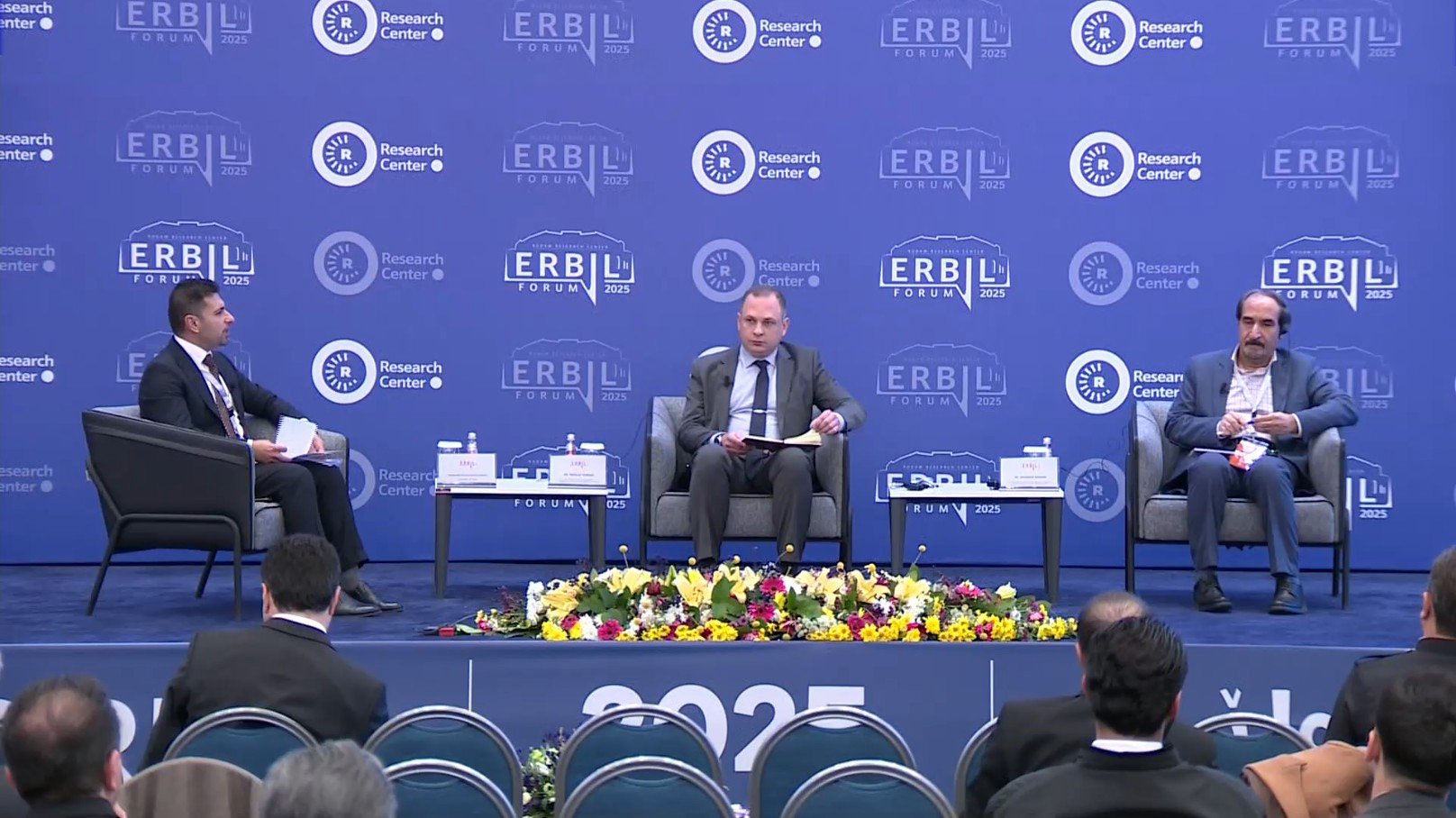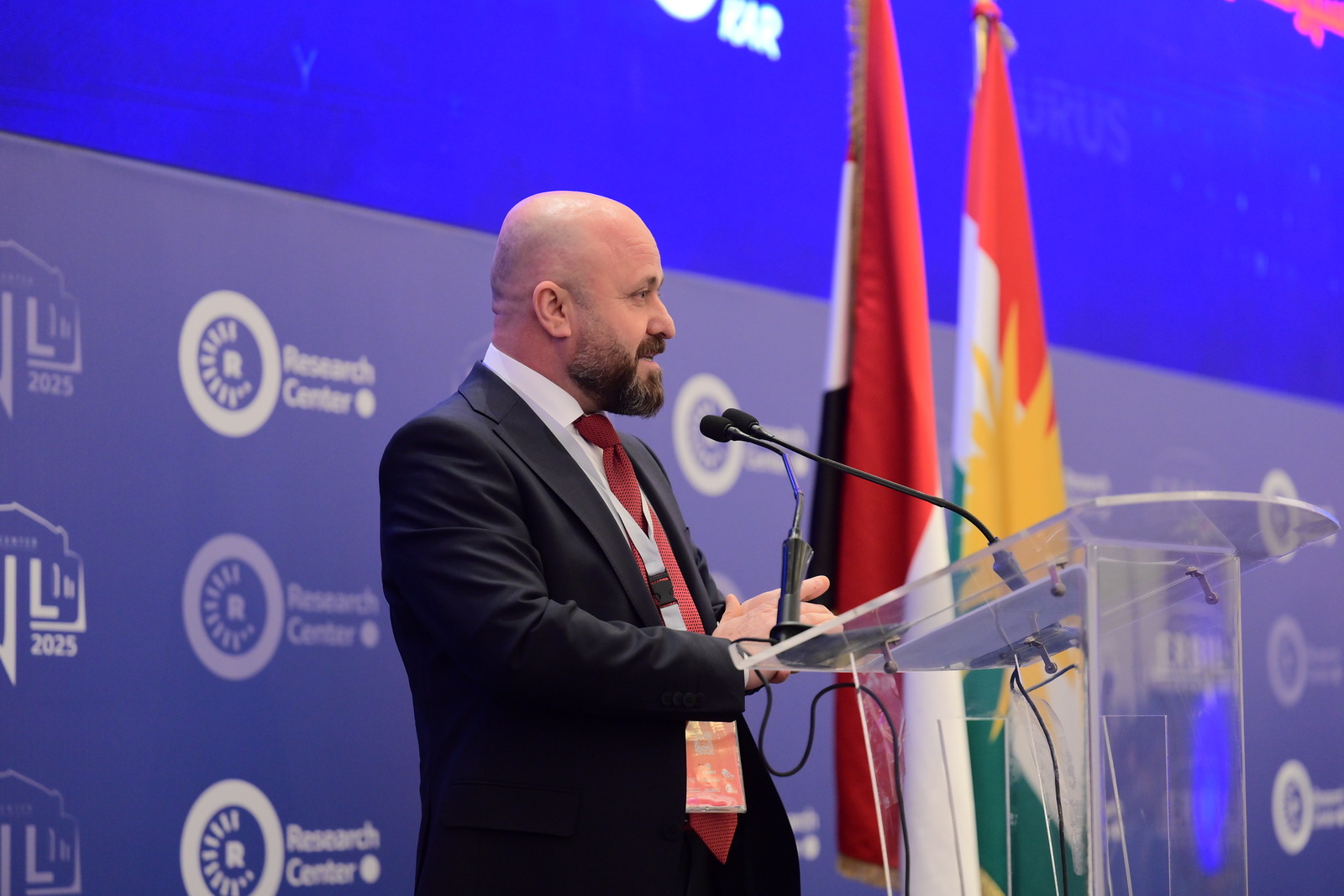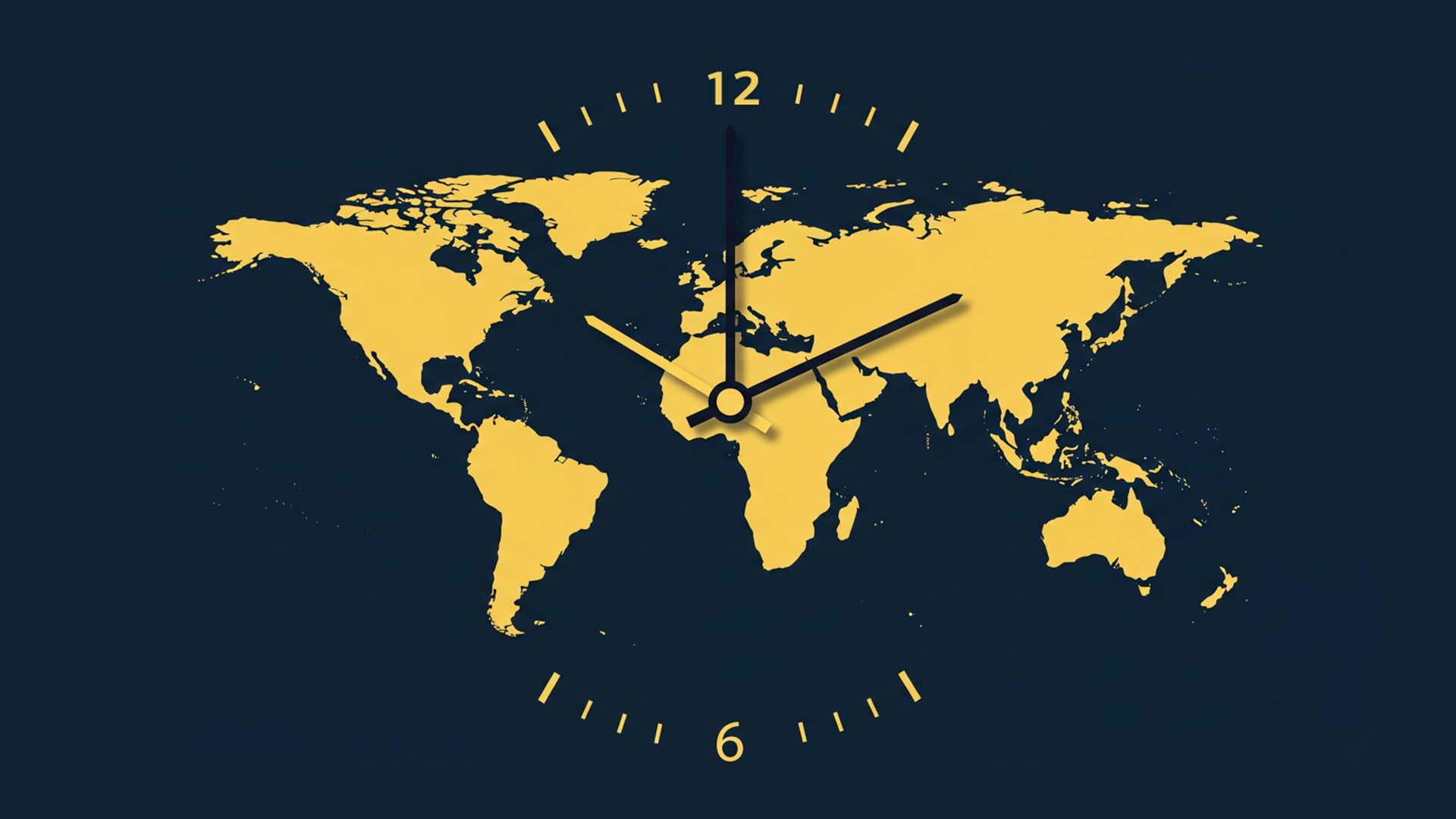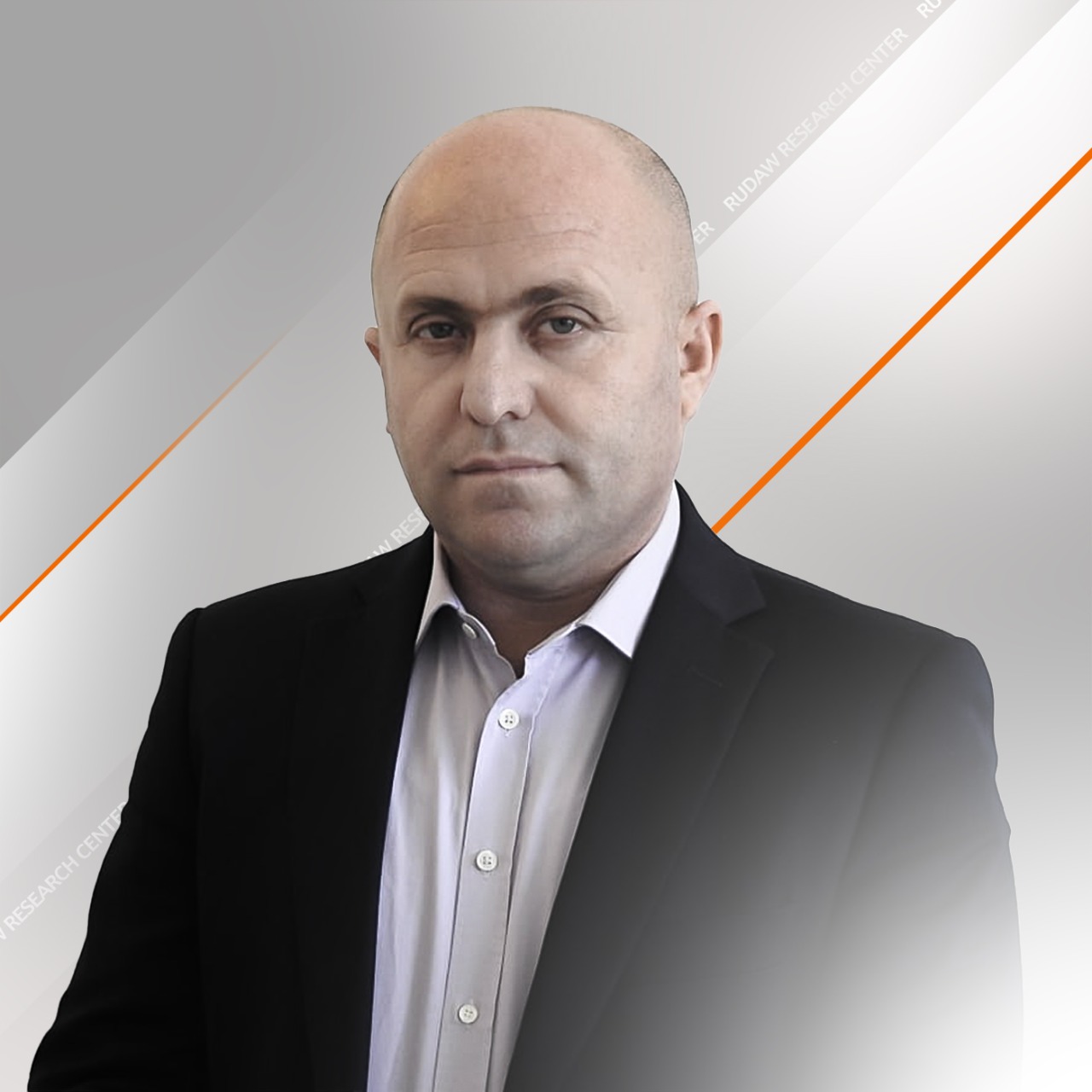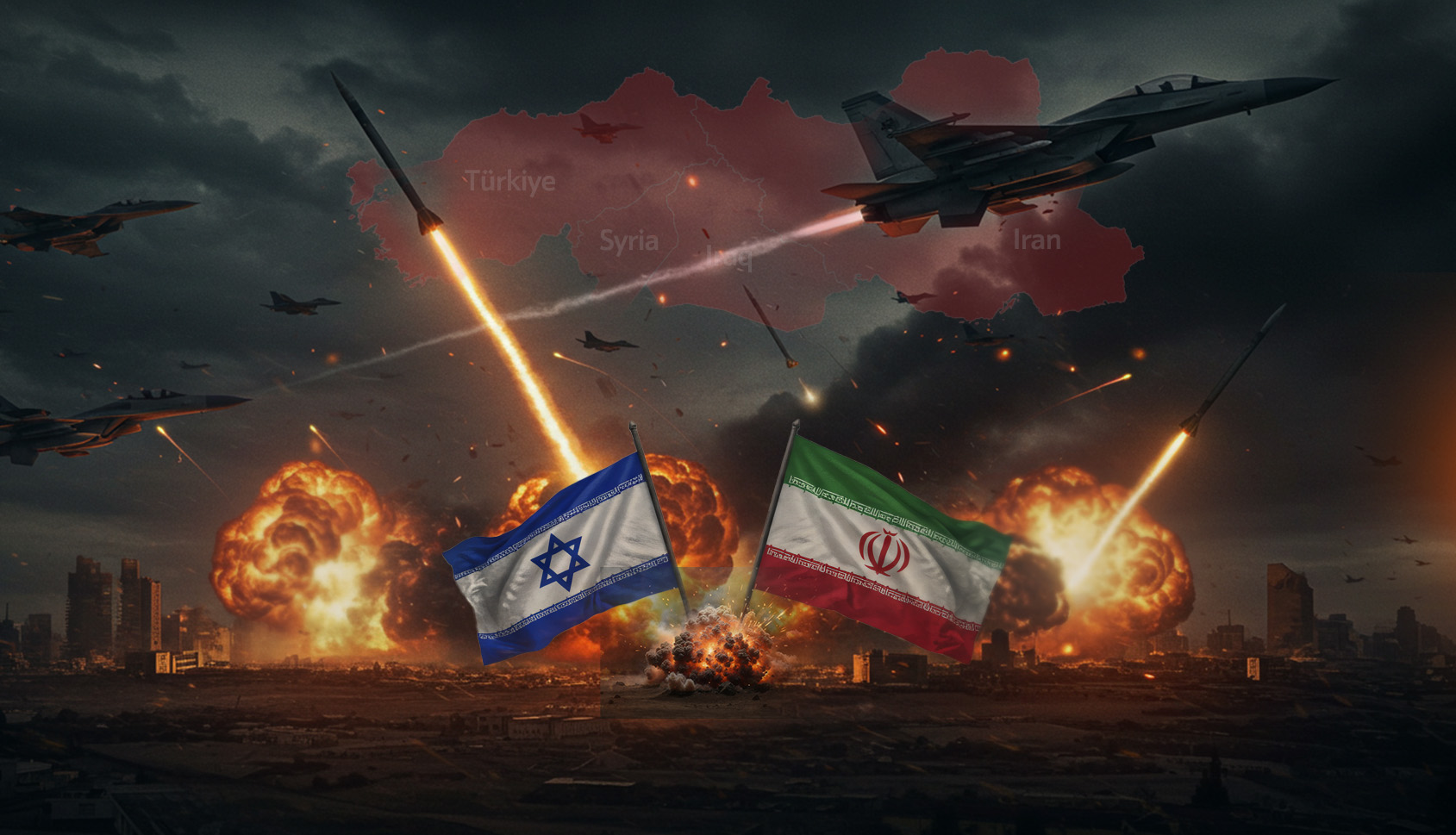In late 2025 and early 2026, Iran entered one of the most critical phases in its more than 46-year history since the establishment of the Islamic Republic. A new wave of protests has emerged, spreading to approximately 250 locations across 27 provinces. Although the number of participants appears lower than in previous protest movements, the speed and geographic breadth of their spread, combined with the severe economic pressure faced by ordinary citizens, make this wave particularly significant. However, economic hardship alone does not fully explain the current unrest. Broader structural and political factors are also at play, including declining public trust in the political system during what many perceive as a transitional period, as well as the impact of external political and military developments on Iran’s internal dynamics. The reimposition and tightening of international sanctions, statements by U.S. President Donald Trump regarding the possibility of intervention should protesters be killed, the growing risk of a renewed military confrontation with Israel, and the capture of the Venezuelan President, Nicolás Maduro, have all contributed, directly or indirectly, to shaping the current protest environment.


